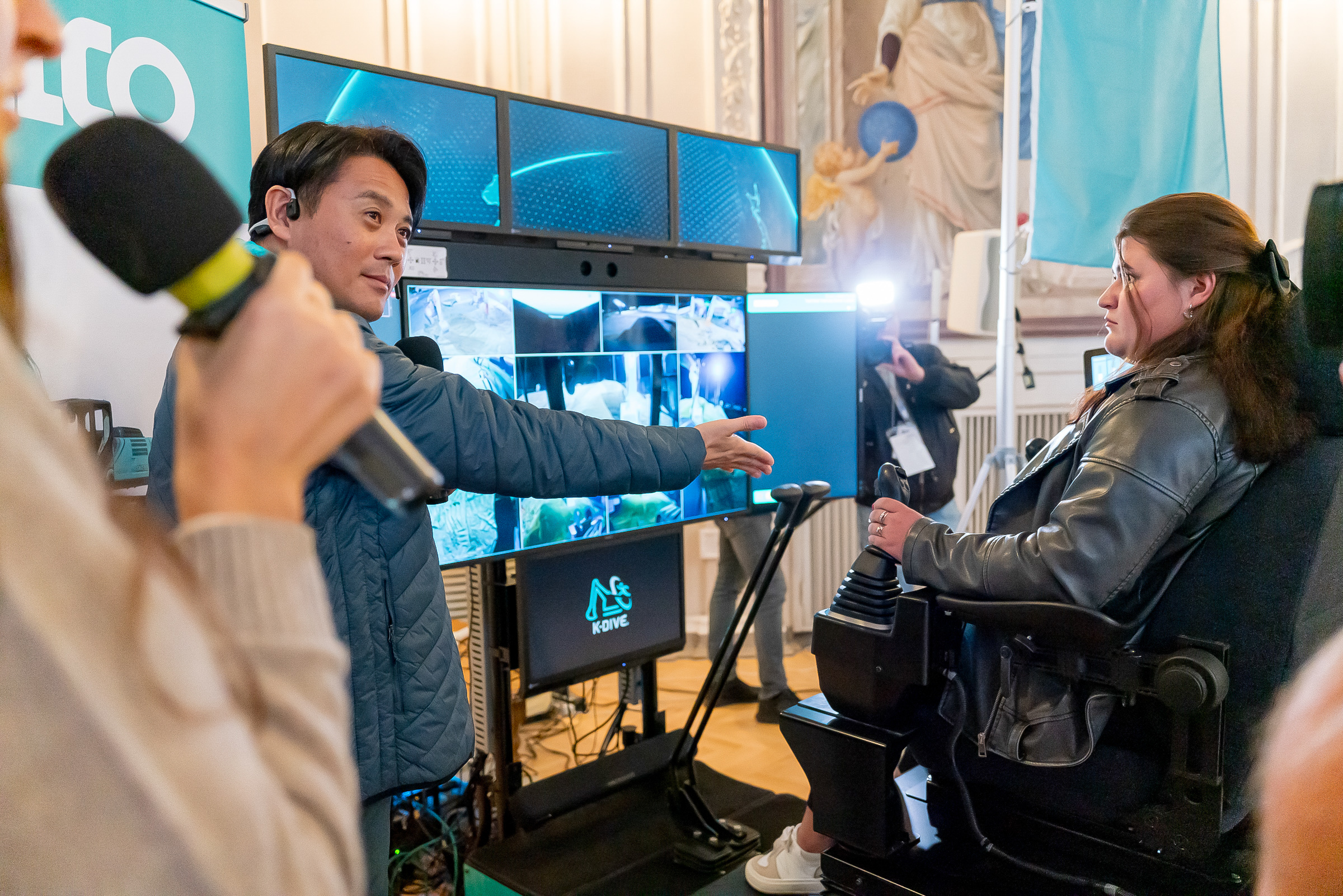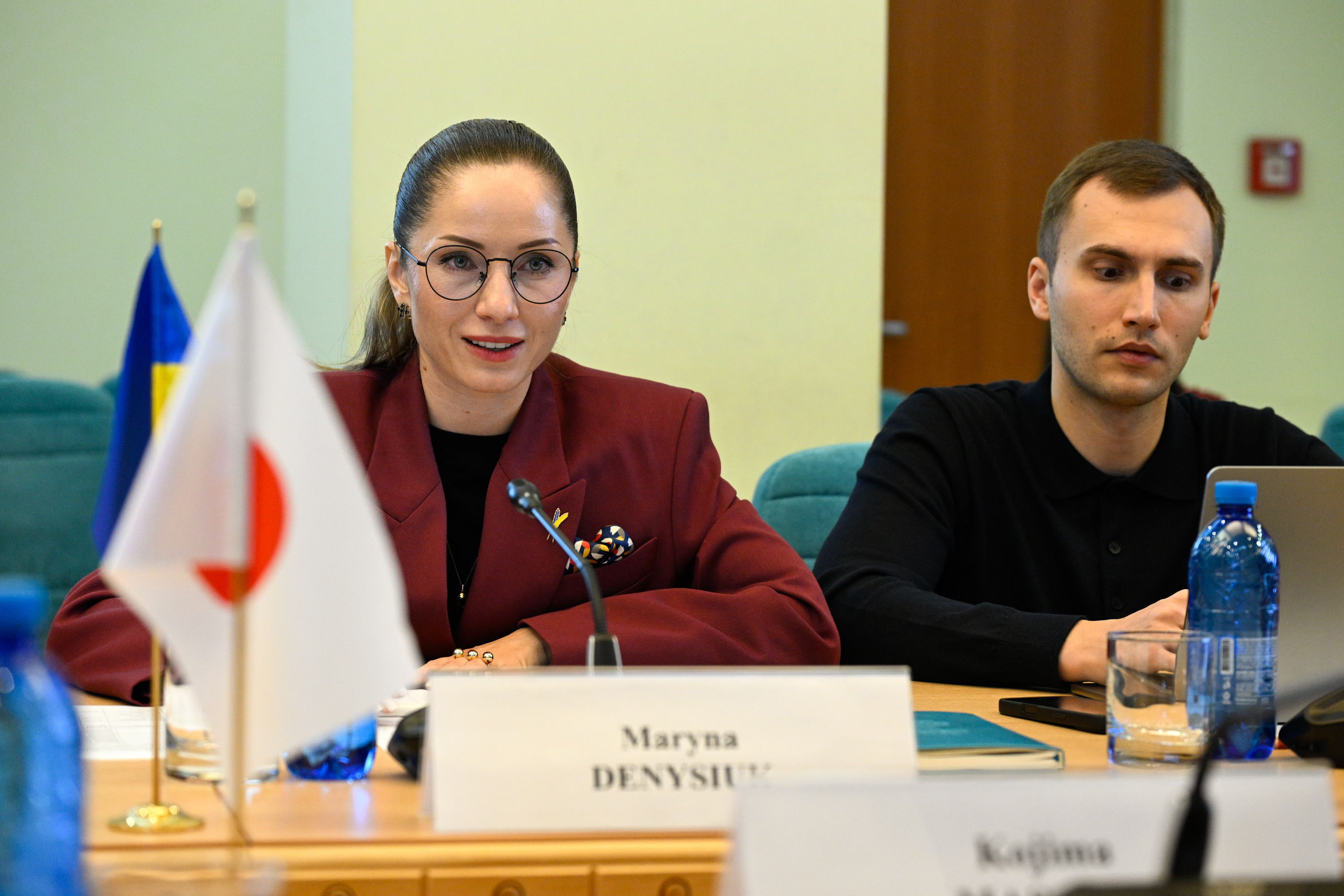A presentation was held showcasing Japanese remote-control technologies for heavy construction machinery, attended by Deputy Minister for Communities and Territories Development, Marina Denysiuk. Thanks to these advanced systems, operators in Kyiv successfully controlled excavators located 25 km away near Boryspil and over 8,000 km away in Kobe, Japan.
Remote-controlled construction technologies allow work in challenging or hazardous conditions while minimizing physical risks for workers. Operators can work from virtually any location with a properly equipped cabin. This is especially relevant for tasks in regions most affected by destruction, such as clearing debris, demining, and restoring roads, bridges, housing, and social infrastructure.

The Ministry of Development is constantly seeking innovative solutions for reconstruction. Remote construction technologies also help address the shortage of specialists, and one operator can control multiple machines simultaneously.
The use of remote-controlled construction machinery will create additional job opportunities for veterans, people with disabilities, and mothers on maternity leave. For example, in a previous pilot project, 54 women were trained as heavy machinery operators, and one of them operated an excavator during the Japanese technology presentation.

The presentation is part of the Japan-Ukraine Platform for Infrastructure Technology for Reconstruction — JUPITeR, established by the Ministry of Development and Japan’s Ministry of Land, Infrastructure, Transport, and Tourism. The platform aims to encourage Japanese companies to participate in reconstruction efforts and actively implement advanced technologies.
JUPITeR continues collaboration initiated under a Memorandum of Cooperation signed in February 2024. Already, 190 Japanese public and private companies have joined the platform, showing interest in cooperating with Ukraine.
“JUPITeR is an important step in combining Japan’s experience with Ukraine’s needs. Japan has unique expertise in post-disaster reconstruction, effective planning, and innovative construction technologies. We are confident that this knowledge will help us rebuild Ukraine in a modern, safe, and inclusive way,” said Marina Denysiuk.

Earlier, Denysiuk met with Masaru Kojima, Deputy Minister for Engineering Affairs at Japan’s Ministry of Land, Infrastructure, Transport, and Tourism.
Implementing innovative technologies requires comprehensive work: adapting regulations, training specialists, and ensuring cooperation between government, business, and science. During the meeting, preparations for the Second JUPITeR Public-Private Mission and the selection of companies to visit Ukraine in March next year were also discussed.


AloJapan.com